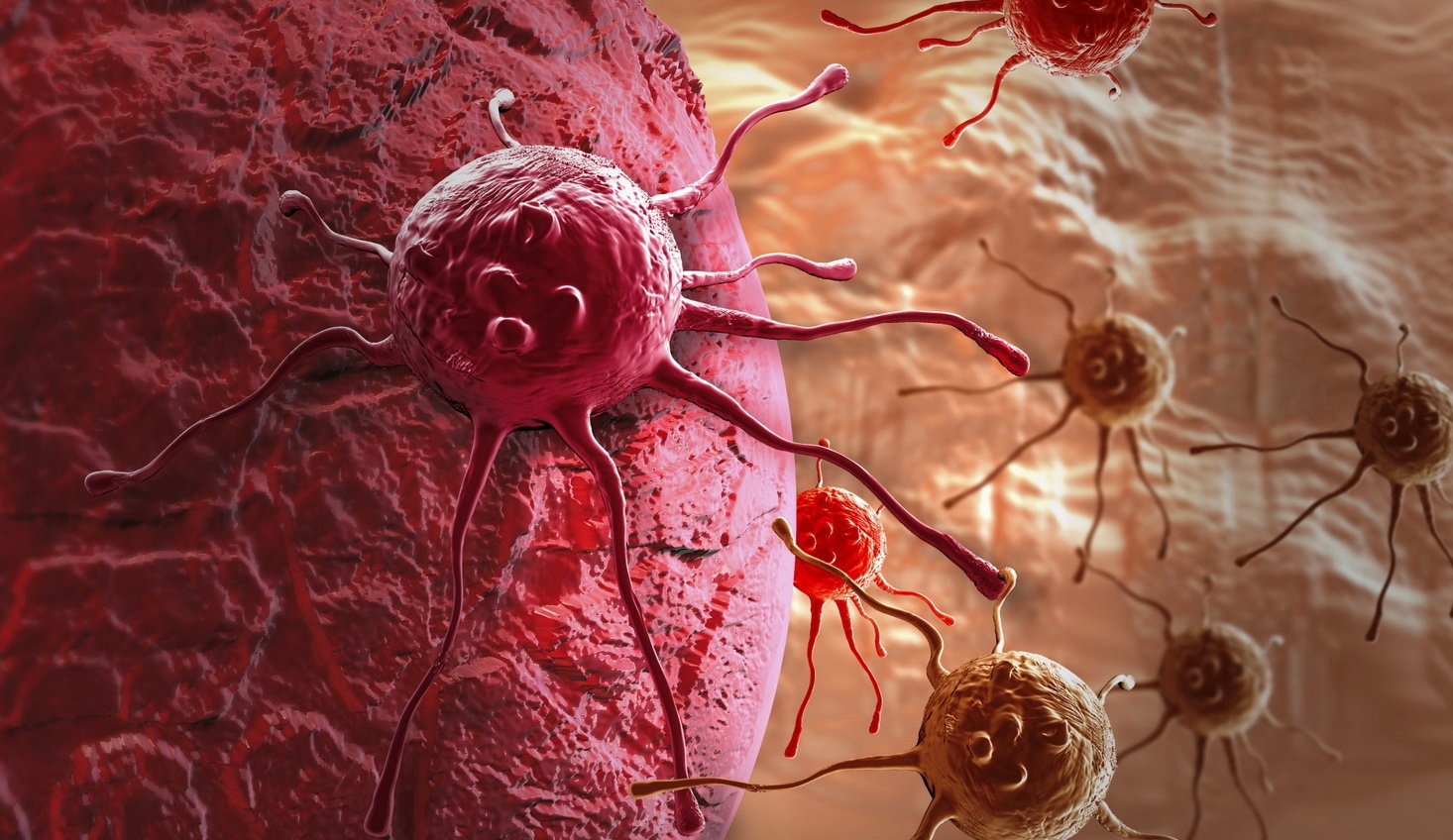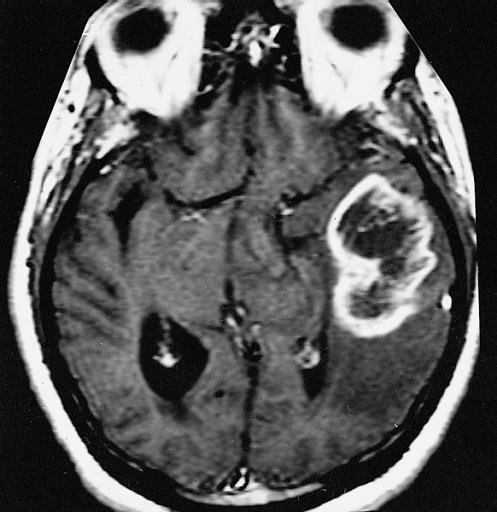Benign and malignant tumors are united by uncontrolled cell proliferation, which, in both cases, presents a mass. However, there are fundamental differences.
Benign tumors do not have the ability to invade adjacent tissues and spread throughout the body. In this case, metastasis formation does not occur.
In addition, the cells of these tumors tend to retain the main characteristics of the tissue of origin.
Instead, malignant ones have cancer cells that can change their nature.
“Changing their nature” means acquiring more aggressive characteristics so as to invade surrounding tissues and then spread throughout the body.
The original site from which a tumor originates determines both its characteristics and its name.
In fact, if only the suffix -oma is added to the tissue name then it is of a benign type; on the other hand, if -carcinoma or -sarcoma is added, we are very often faced with a malignant tumor, cancer.
However, it is also good to mention the possible exceptions:
- leukemias, hematological malignancies that spread throughout the body;
- gliomas, benign tumors of glial cells;
- melanomas, tumors of melanocytes; their benign variant is called a “mole.”
What then are the reasons for an inauspicious diagnosis?
The concept that needs to be focused on is that benign tumors are encapsulated in a specific area and do not spread. Carcinomas, on the other hand, if not removed early invade nearby tissues, thus making them not easily circumscribed in one spot
Malignant tumors also are more likely to recur in the form of recurrence.
Do all benign tumors have a good prognosis and all malignant ones have an inauspicious one?
Unfortunately or fortunately, it is said that medicine is not an exact science.
Some carcinomas if removed in time can have a favorable outlook for the patient.
At the same time, some benign tumors may have less happy prognoses because it is difficult to intervene surgically, sometimes even impossible.
A further difference is that in the cells of a benign tumor we have fewer gene mutations than in those of a malignant one. In fact, more mutations are needed at the level of a cell for it to become cancerous.
For example, a single mutation at the level of the MYC oncogene is not sufficient to cause tumor transformation. Therefore, a second mutation at a gene encoding for anti-apoptotic factors, such as RAS, will be required.
To learn more about the genetic aspect of cancers, we recommend reading the articles “Tumors and their genetics” and “The oncosuppressors“.
Is it possible to inherit a tumor?
The legitimate question would be, is it possible to inherit gene mutations responsible for tumor formation? Yes it is possible for both benign and malignant ones.
In fact as covered in the article “What is Cancer?” this disease is closely linked to gene changes that occur at the DNA level.
Therapies
For benign tumors in most cases there are no specific drugs and early diagnosis is not possible. Instead regarding malignant ones if the diagnosis is earlier the prognosis will be the better. Moreover, nowadays there are both screenings that can keep tumor markers monitored and increasingly advanced and personalized therapies such as immunotherapy.
SOURCE:





